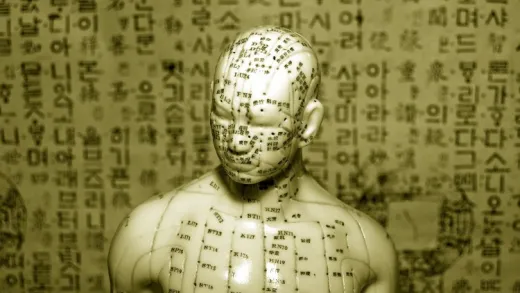Brief Summary
This course dives into how dysfunctional families work and how they can affect parenting. You'll learn about shame-filled family rules, how they create cycles of dysfunction, and discover healthier ways to raise kids. It's all about breaking the cycle, friends!
Key Points
-
Understanding dysfunctional families and their impact on children
-
Recognizing shame-bound rules and their perpetuation
-
Exploring the shame/control/release addictive cycle
-
Identifying healthy versus unhealthy parenting practices
-
The differences in thinking between children and adults
Learning Outcomes
-
Identify shame-based family rules and their effects on children
-
Understand the shame/control/release cycle in families
-
Differentiate between healthy and unhealthy parenting methods
-
Recognize how children think differently from adults
-
Develop strategies for healthier family dynamics
About This Course
Learn how the dysfunctional family develops, how to avoid it, and become a better parent.
Dysfunctional families cause children to become dysfunctional which results in dysfunctional adults, marriage, and society. Most of the abuse, chemical dependence, and violence in the world can be traced back to this problem. If we learn how to make our families healthier these problems can dissolve.
The first section of this course teaches what shame bound dysfunctional family rules are and how these rules are perpetuated. The shame/control/ release addictive cycle is delineated. Alternative healthy family rules are offered.
Poor parenting causes children to lose heart and become discouraged. They have a tendency to either give up or become defiant. They later replicate how they were treated and the cycle of dysfunctional families continues.
The second section of this lecture teaches how children think differently than adults in many ways although they are also quite similar. It describes in detail the principles of healthy and unhealthy parenting.
Learn about shame bound family rules.
Learn about how the internalized voices create low self-esteem.
Learn about the shame/control/release addictive cycle.









Reshma C.
It could be more expressive and more examples should be added.